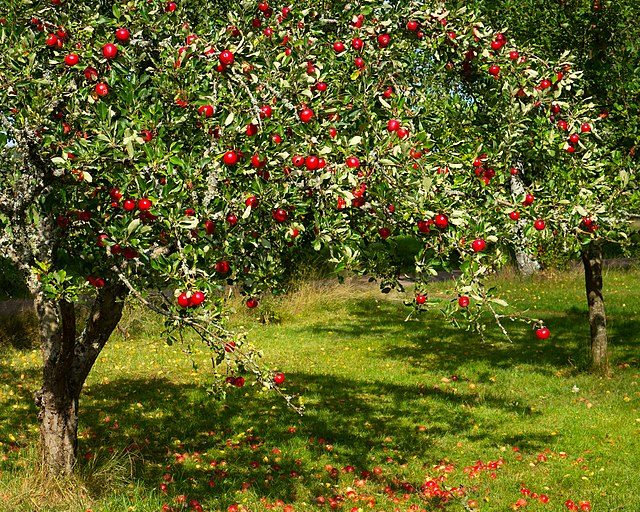Nurtured by the Indus River’s cool climate, Kashmir’s apples are always in supply but this year, lowered production has hiked demand.
Farmers told Kashmir News Observer before October 10, 2023 of a production drop of between 30% and 40% from last year’s.
One of the reasons for stunted growth was the unpredictable weather patterns in early 2023. An unusually cool and rainy spring prevented the proper setting of bloom and hence the low yields this season.
Despite the stunted yields in the 2023 season, farmers are heartened by the reigning demand and hope that the price sustains.
The surge in the demand for Kashmir’s apples has seen the price per quintal (100 kg) rise to 4757.95 Indian Rupees ($57.18) on October 10, 2023. This represents a market price of approximately $0.572 per kg.
In comparative terms, the average farm gate price in September 2022 was just $0.38 per kg.
This year there is less infiltration of apples from Iran, which usually cost less to the detriment of local farmers. In 2022, farmers persuaded the government to impose duty on foreign apples to bring price parity.
In September, 2023, however, India’s decision to slash the 20% duty it had imposed on U.S. apples back in 2019 worried Kashmiri growers. This was after the resolution of a long-running U.S.-India trade dispute at the World Trade Organization (WTO).
Traditional apples one of the Mainstays of Kashmiri apples
Traditional apples are the mainstay of apple production in Kashmir valley on the Indian side. So far, by the end of week 1 of October, 2023, 80% of the harvest of this cultivar is unharvested.
Also known as ‘apple valley’ for its signature fruit, Kashmir usually harvests its apples from mid-August to end December.
In production terms, the region produces between 2 million and 2.5 million metric tonnes of apples.
A 2017 research documented that half the residents of Jammu and Kashmir rely directly or indirectly on apple farming. On the Indian-administered side, some 3.5 million persons live on this fruit, hence its importance to the regional economy.
Apple production is a part of Kashmir’s larger horticultural economic activity that represents 9.5% of its Gross Domestic Product (GDP).
